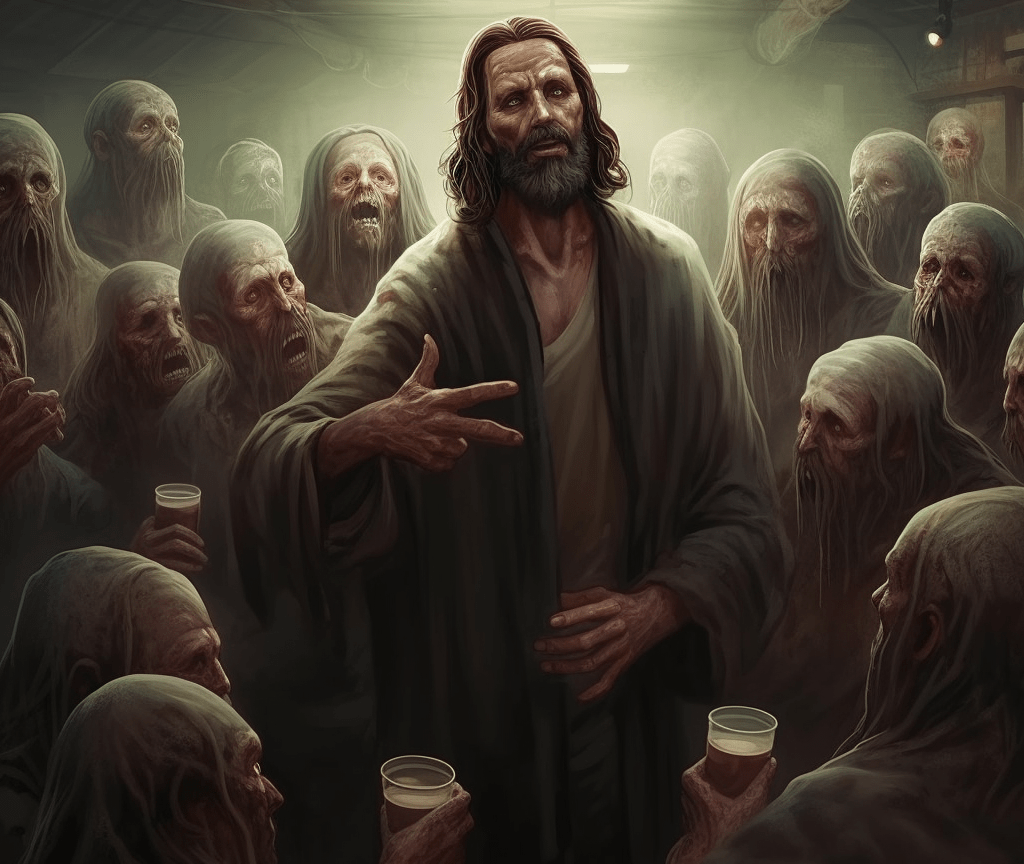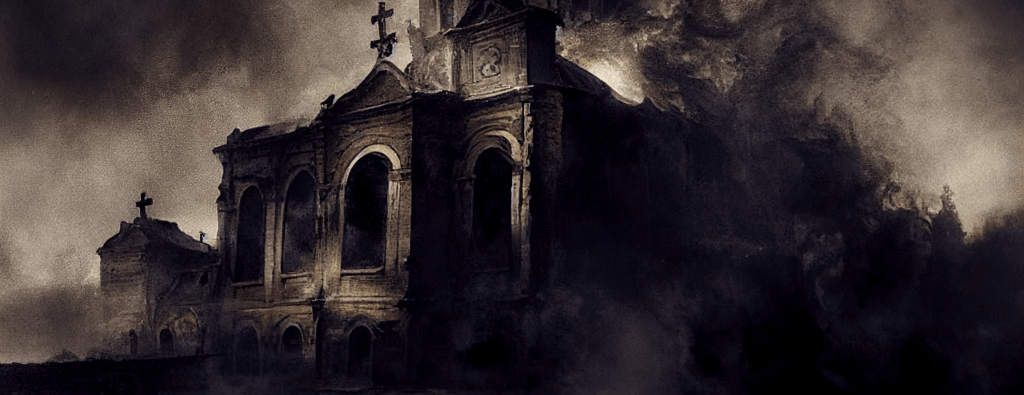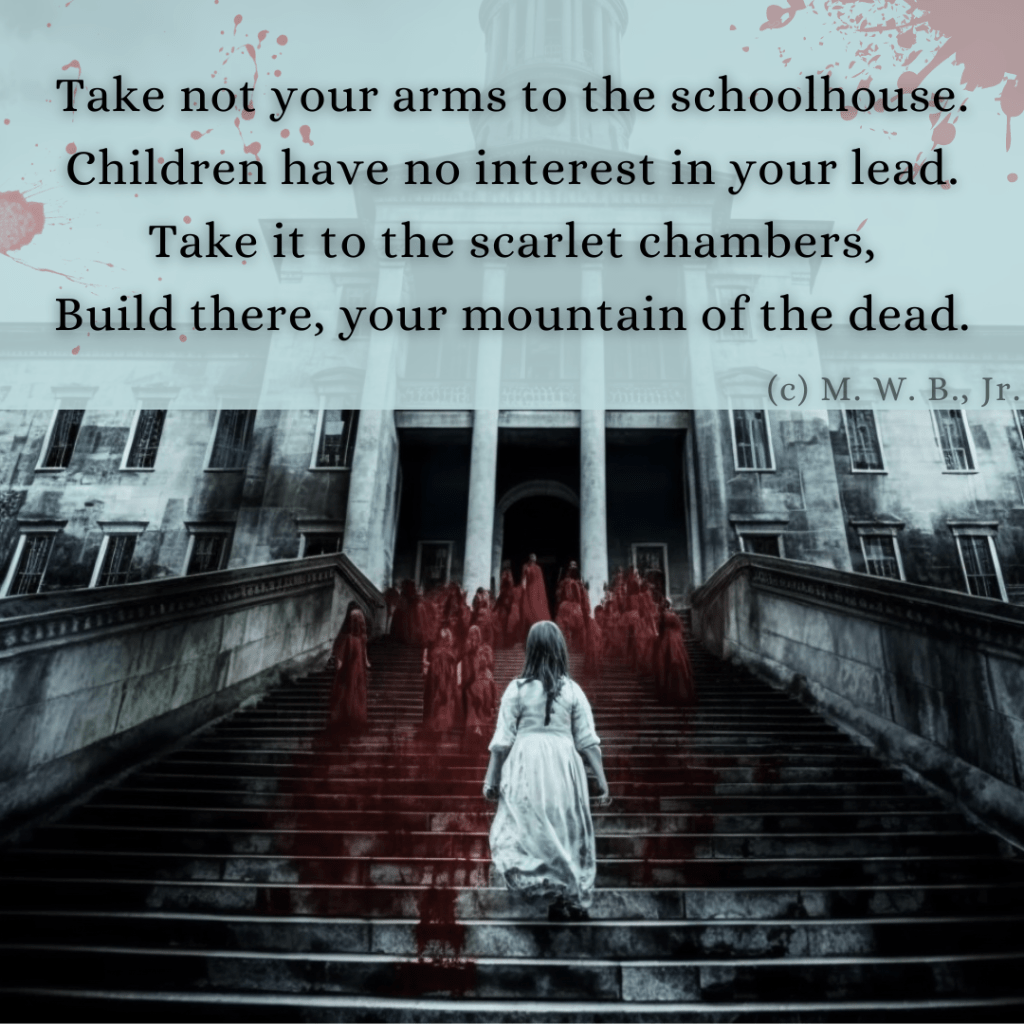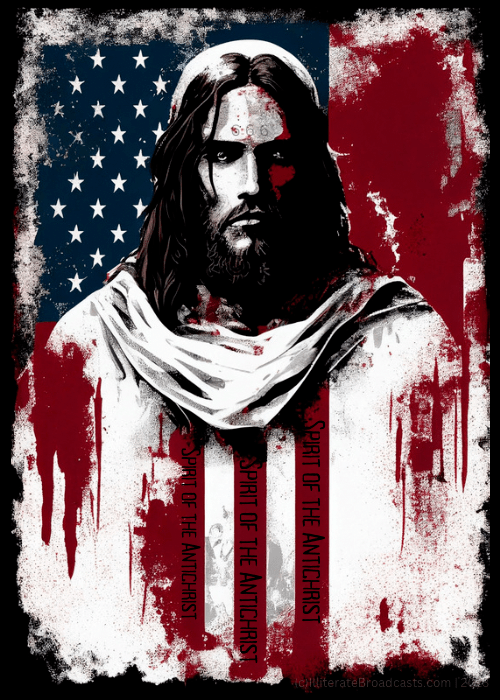
We are in a dark place navigating new spaces, renegotiating our understanding of the world, and striving to find the light. Blind guides rise like the priests of vengeful gods to direct us back into the darkness from whence we have emerged. We are surrounded by so many false guides claiming to hear the voice of a holy Spirit, but the Spirit isn’t holy–it is Fear.
The old world strains to hold itself together, refusing to believe that it is the shell the new world must shatter in order to be made manifest. The earth and her people cry out for hope, mercy, and a better way, but the better way demands a reckoning with the diseases we allowed to infect us like Cancer.
For too long, we have been content to allow selfish desire to motivate the direction of our world–selfishness that benefits the few while the many suffer. We are divided in every way imaginable, and many of us have been fooled into believing that we are not the same. But we are.
Regardless of how we look, sound, and love, we are the same. Beautifully diverse but still the same. And yet, we have used that diversity to fuel conflict between one another and to justify the inexcusable suffering we have been content to ignore.
Covid-19 crossed every boundary we put in place to divide ourselves. It killed indiscriminately. Our ethnicity, race, religion, political ideology, and every other point we cling to feign superiority did not save us. America, for all its claims to exceptionalism, was not spared. In fact, it led the developed world in preventable losses.
Covid-19 was not evil. The virus acted according to its nature, finding hosts, feeding, and reproducing. Covid was what it was, but for us, we can argue that it had been a test. A test we failed miserably. Like an apocalypse peeling back the world we know to bring revelation, Covid revealed–for all our posturing and talk–we were incapable of loving our neighbor.
The inability to love our neighbor as we ought to love ourselves is the disease from which our symptoms of hate and bigotry bubble to the surface. The institutions that speak of a God, a savior, and divine love as the cure for our sickness proved to be havens for our worst symptoms. The curtain was drawn back to reveal the devils behind it, and now they scramble to expedite their grasp for power, violating each commandment they insist we uphold.
Now, a choir of voices emerges to demand the exorcism of every devil in every institution and constructed system that uplifts a privileged few on the backs of the many. The elite insists their positions have been acquired by “merit,” but this so-called merit is little more than a coat of white paint covering stone crypts filled with dead bones. The emergent choir, the rightful heirs, demands a better way to meet the needs of all people, not just the needs and desires of the few who have cheated their way to power.
The call to dignity and the just treatment of all people has been resisted by blind guides and their misguided flocks. They are afraid of the loss equality will demand they absorb, such as sharing the commons with those who live and look differently from themselves. Symbols of hate, intolerance, and violence are among their banners; foolishly, they call these things love. And yet, to live according to their interpretation of love requires the death and destruction of those unwilling to conform to the conditions of their “unconditional” love.
In America, many people invoke the name of Jesus Christ to justify their resistance to what Jesus called them to observe. Biblical illiteracy and raving antichrists have profaned the sacred; their holy water is poisoned. Once again, the house of the Divine has become a den of thieves who steal, kill, and destroy. Woe to them and their blind guides who stand condemned lest they repent.

These same amplify their voices to create an illusion that theirs is the voice of reason, yet heeding them has yielded only economic, ecological, and social despair. These blind guides demand we return to the darkness, calling it, making whatever ideal “great again.” Darkness has never been great. It knows this, and it is why it fears the exposure the Light shall bring. Banning books, denying history, calling truth lies, and withholding education from as many as possible are the desperate strategies of those afraid of what the light will reveal.
Be not afraid but persevere. The death rattle of the old world is long and drawn out, desperately lashing out and grasping for anything that might prolong its existence. Stand boldly, march forward undeterred, and love unapologetically. Be not swayed by their posturing and hordes of gold. In doing so, we will usher in a new world with room for all.













